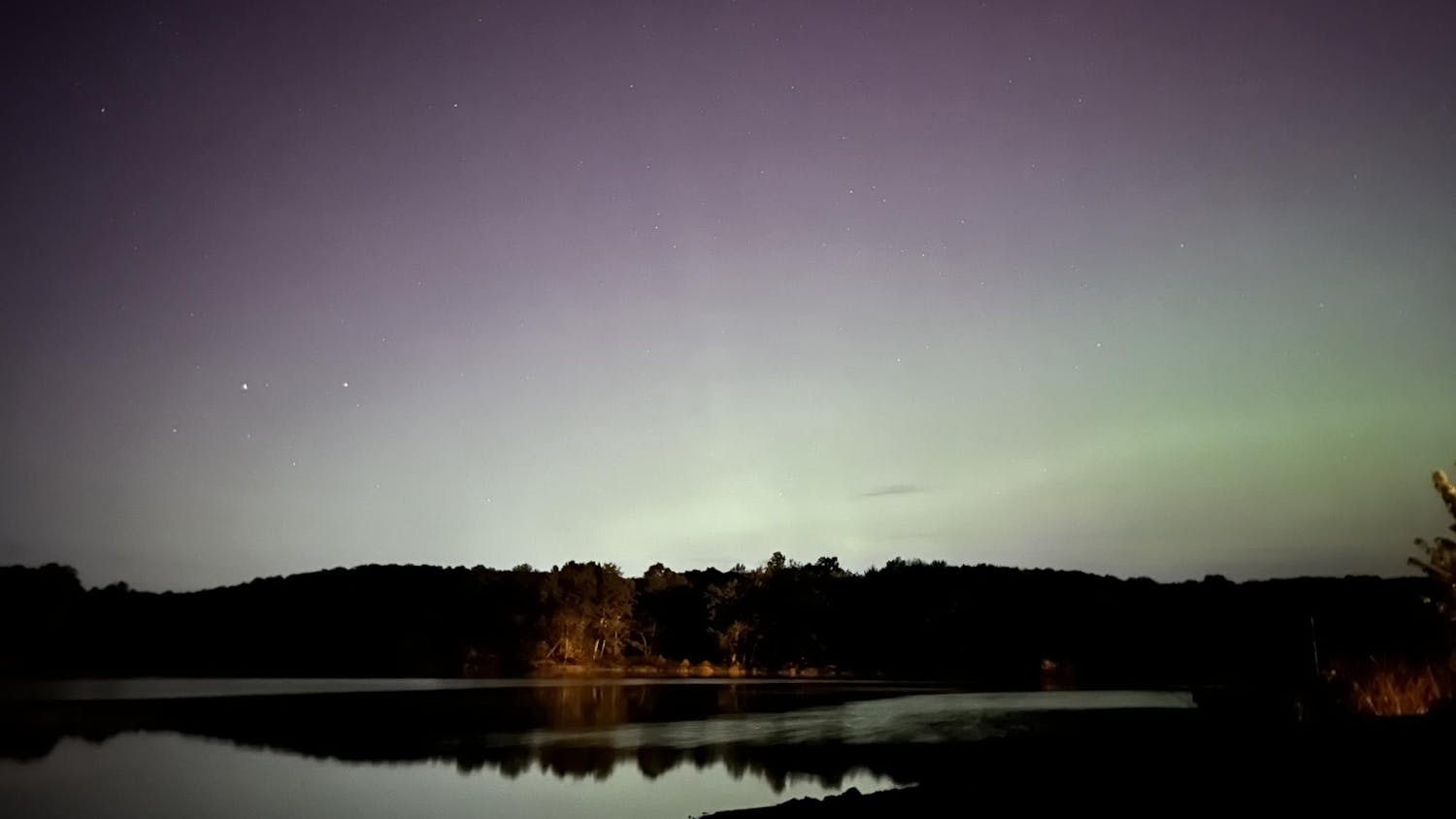Ahead of impending lawsuits from the Recording Industry Association of America, IU has updated its existing peer-to-peer file-sharing policy relating to such popular music downloading programs as www.KaZaa.com.\nThe policy update was announced before the Bloomington Faculty Council Tuesday in a report given by Chief Information Technology Officer Mark Bruhn. \n"There are legitimate file-sharing programs out there," Bruhn said. "Penn State currently has a deal with Napster II so that their students can share legally. But we don't have that. So we have this problem of illegal file sharing."\nBruhn was referring to popular peer-to-peer file-sharing networks, such as www.KaZaa.com, whose users have been the targets of more than a thousand lawsuits by the RIAA. Many of those are "John Doe," or anonymous, suits.\nBruhn said when the RIAA goes after people engaging in file sharing -- an activity they claim violates copyright laws -- it creates phantom accounts to probe the network. Then it downloads copyrighted music from other users, a transaction brings the RIAA the sharer's IP address.\n"When students register through UITS, we can connect their IP address to their name," Bruhn said. "So when the RIAA comes to us with several IP addresses of violators, we know who to punish."\nThe policy emphasizes a detailed punishment outline, which separates those involved into "first offenders," "second offenders" and "third offenders." Bruhn said that in five years, the University has dealt with less than 10 "third offenders." If a student commits a third offense, the punishment is indefinite ban from the IU network. \nWhile some opponents of the policy noted it can be difficult for students to discern illegal files from legal, or "public domain" files, Bruhn said this gray area is a complication.\n"If there's a public domain file out there, maybe the student knows, maybe not," Bruhn said. "But if a file is called 'Black Friday' and it sounds like Steely Dan, a student should know that it's copyrighted material."\nThere are exceptions to that rule. Bruhn noted the Dave Matthews Band permits people to share their live music freely but prohibits them from sharing their studio songs.\nBut if students wish to contest a punishment, they must submit their names to the RIAA. Bruhn said that is a significant deterrent.\n"No one has ever done that," he said.\nProfessor Richard Nash said an agreement with a file sharing program would be a viable and beneficial solution.\n"I see KaZaa as the prominent program of the next five or six years," Nash said. "I think it would be beneficial to us to make a deal with them."\nTo avoid possible copyright infringement, the UITS file-sharing Web site, http://filesharing.iu.edu, gives simple advice to students. The updated policy was posted Tuesday and recommends in order to stay in the clear, students should disable the sharing option on peer-to-peer programs. This advice underlines the copyright imperative -- sharing is punished, not downloading.\nPossible solutions to IU's file sharing problem were submitted during the policy update. Chair of Faculties Affairs Committee Professor Ted Miller said certain student groups are likely candidates to treat the issue.\n"I don't see this as a matter with a strong faculty interest," Miller said. "This matter could be given to the incoming IUSA administration."\nBruhn has a simpler plan to combat the problem.\n"We could do nothing," he said. "We already do enough to satisfy our legal requirements. Plus, it's hard to compete with free."\n-- Contact staff writer Rick Newkirk at renewkir@indiana.edu.
IU updates file-sharing policy
Partnership with KaZaa best option, faculty council says
Get stories like this in your inbox
Subscribe





